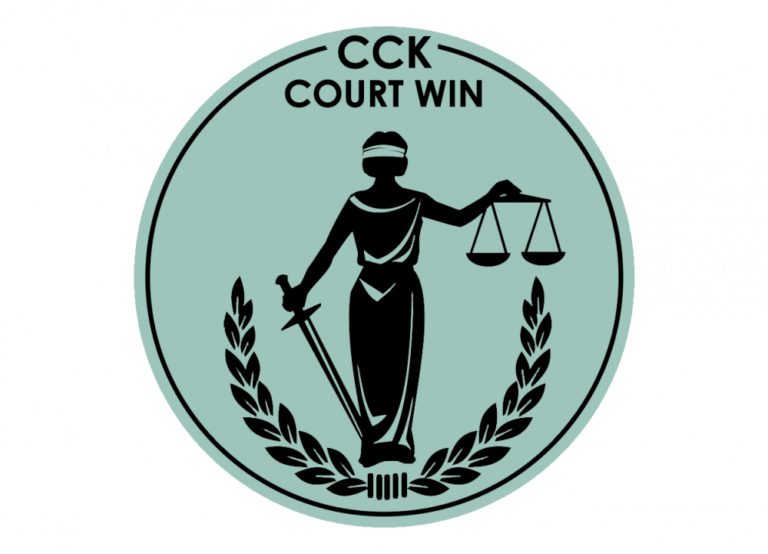Board failed to provide adequate reasons and bases for extraschedular denial

CCK Law: Our Vital Role in Veterans Law
Summary
The Veteran honorably served in the United States Army from June 1967 to June 1969, including service in the Republic of Vietnam. The Veteran was granted service connection for diabetes mellitus type II, as associated with herbicide exposure in Vietnam, rated at 20% effective September 10, 2007. In December 2009, a VA regional office denied entitlement to an increased rating for diabetes mellitus type II and the Veteran timely appealed this decision. Throughout the time on appeal, the Veteran underwent VA examinations and provided several lay statements regarding the severity of his diabetes. The evidence demonstrated that the Veteran’s diabetes was associated with dizziness, trembling, profuse sweating, and blurred vision.
Board denied referral for extraschedular consideration of the Veteran’s diabetes mellitus.
In September 2016, the Board of Veterans’ Appeals denied referral for extraschedular consideration of the Veteran’s diabetes. In its decision, the Board noted that the separately diagnosed complications of the Veteran’s diabetes, such as his upper and lower extremity peripheral neuropathy and nephropathy, were service connected and that no other diabetic complication were identified and had gone uncompensated.
Additionally, the Board found that referral for extraschedular consideration was not warranted because the applicable schedular criteria are adequate to rate the disability under consideration at all points pertinent to this appeal.
CCK appeals diabetes denial to the Court
CCK successfully appealed to the Court the September 2016 denial of referral of extraschedular consideration for the Veteran’s condition. In its decision, the Board failed to adequately address the full functional effects of the Veteran’s diabetes.
CAVC agrees with CCK’s arguments
CCK argued, and the Court agreed, that the Board erred in finding that the applicable schedular criteria were adequate to evaluate his disability as his symptoms of dizziness, trembling, profuse sweating, and blurred vision are not contemplated by the schedular rating criteria. Accordingly, the Court vacated the Board decision that declined to refer the claim for extraschedular consideration and remand that matter for readjudication consistent with this decision.
About the Author
Share this Post
